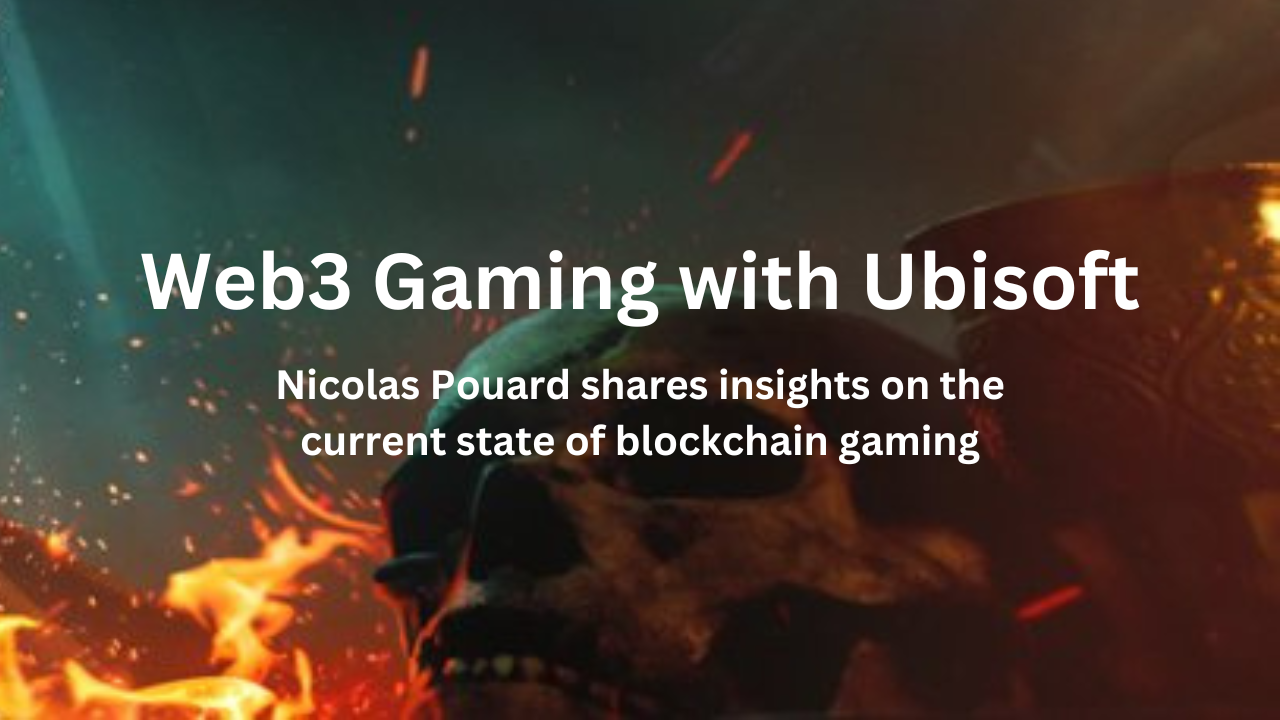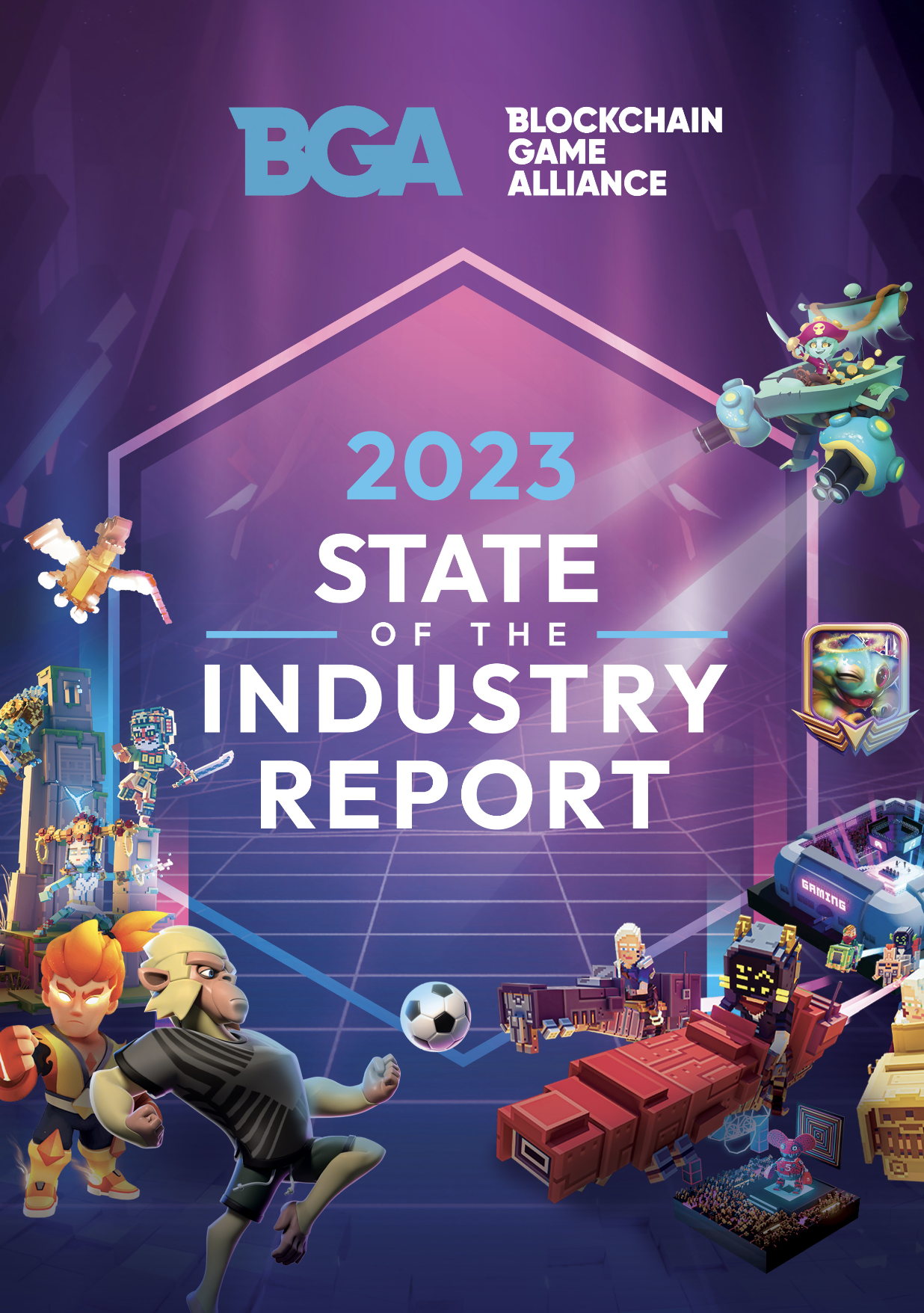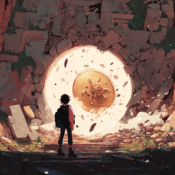
Web3 Gaming Insights with Ubisoft’s Nicolas Pouard
An early pioneer in web3 gaming and one of the founding fathers of the Blockchain Game Alliance, BGA catches up with Nicolas Pouard, Vice President of Ubisoft’s Strategic Innovation Lab, to gain his insights on the current state of blockchain gaming. Ubisoft has brought to life some of the most well-loved titles, such as Assassin’s Creed, Far Cry, Prince of Persia, and Watch Dogs, among others, as well as being an early adopter of blockchain technologies for gaming.

Please share your focus at Ubisoft and your take on blockchain tech for gaming.
At Ubisoft, our primary goal is to enhance the gaming experience for our players. When exploring emerging technologies like blockchain or AI, this objective remains at the forefront. We view blockchain technology as a means to strengthen community engagement, leveraging the collective wisdom and synergy between players, creators, and developers. Our focus is on building an ecosystem that meets the needs of our communities, emphasizing user-generated content (UGC), governance mechanisms, and fair rewards. By doing so, we aim to create a more dynamic and participatory gaming environment.
In 2017, Ubisoft was already diving into the potential of Web3 Gaming with projects like CryptoKitties and Spell of Genesis. This led to the creation of the Ubisoft Entrepreneurs Lab, an incubator that connected us with promising studios like B2Expand (the Burgel family), who were also early pioneers in the space. Back then, the Web3 Gaming ecosystem was very tight-knit, with everyone knowing each other. I remember Sebastien Borget sharing the concept of The Sandbox with me and industry leaders like Hilmar Pétersson, CEO of CCP Games, attending our first CryptoGaming event in 2018.
As one of BGA’s honorary Board Members, can you tell us how you became a founding member and how you have seen the ecosystem evolve since its inception in 2018?
In 2017, Ubisoft was already diving into the potential of Web3 Gaming with projects like CryptoKitties and Spell of Genesis. This led to the creation of the Ubisoft Entrepreneurs Lab, an incubator that connected us with promising studios like B2Expand (the Burgel family), who were also early pioneers in the space. Back then, the Web3 Gaming ecosystem was very tight-knit, with everyone knowing each other. I remember Sebastien Borget sharing the concept of The Sandbox with me and industry leaders like Hilmar Pétersson (CEO of CCP Games) attending our first CryptoGaming event in 2018.
BGA’s creation stemmed from this shared vision: to exchange best practices, unite believers in decentralized gaming, and advocate for a strong Web3 presence within major platforms.

Since 2018, the landscape has undergone tremendous change. While the technology has advanced remarkably, the long-term viability of tokenomics models remains a challenge. Business models built on NFTs and crypto are still being defined, and integrating blockchain features meaningfully into gameplay has proven more complex than anticipated.
The evolving incentive structures are fundamentally shifting player expectations and motivations. This presents a vast array of exciting possibilities for innovation. However, focusing on AAA titles may need to wait until we have a clearer understanding of what Web3 Gaming can truly achieve.
Ubisoft has ventured into Web3 with several projects. How do you see Ubisoft using its successful IPs in web3?
Ubisoft is exploring Web3 integration for our existing IPs. We’re doing this through licensing partnerships, like NFT collections with Veve for Rabbids and Assassin’s Creed. We’re also collaborating with other studios, such as Captain Laserhawk in The Sandbox and Watch Dogs integration with Cross the Ages. This lets our IPs live in other Web3 experiences. We’re not stopping there, though. We’re developing our own Web3 games with new IPs like Champions Tactics, with more projects based on established franchises coming soon. It’s all about learning and exploring the possibilities of Web3 for the future. We’re in constant learning mode, always looking for ways to build something truly groundbreaking in Web3. The beauty of NFTs is their reusability, which is why we’re championing interoperable standards. This lets what we create today become even cooler tomorrow!
A few years ago, you launched an incubator program for game companies willing to disrupt the industry, including blockchain. What have you learned, and how do you see these companies competing in the space?
While there are many insights from our experience, one key takeaway is that aiming to compete directly with the entire gaming industry might be premature. A more promising approach is to focus on being among the first movers who deliver a strong gameplay experience, seamlessly integrate blockchain technology, and establish a sustainable economic model.
Traditional gaming faces a near-insurmountable discovery issue across platforms. Web3, while niche, offers a target audience we understand and can engage effectively.
However, building a successful Web3 game presents a significant hurdle. Not only is game development inherently challenging, but integrating Web3 elements further complicates things, especially when audience size is heavily influenced by crypto market volatility.
Here’s the gist: If you have the resources to build your dream game, focus on creating the best possible experience. However, if you face limitations, identify your core players, collaborate with them, and define a clear scope for a successful first step that paves the way for future growth. Be ambitious, but take it one step at a time because we are still building in a nascent and fragmented ecosystem.
What is your vision, and what are you most excited about for web3 gaming for the next year?
Web3 gaming is an interesting space to watch right now. Traditional gaming is certainly facing some challenges, and studios are competing fiercely, funding difficulties while players remain deeply invested in the games they love, and a sense that the industry’s innovation engine might be sputtering. This situation presents a significant opportunity for disruption. On the other hand, Web3 seems to be experiencing a surge in activity. New, innovative games emerge, and user-friendly wallets & marketplaces make joining the fun easier than before. The tech fades, leaving pure gameplay in the spotlight. Now, the game is still hard to master, and the business models still need work, but they feel less risky compared to the free-to-play model in mobile games, for instance.
Studios working in Web3 are definitely in the right place. We may not have everything figured out yet, but the future is bright! We’re just getting started on building that vision we had a few years back.

To read more articles, interviews, and Web3 gaming news like this, check out the BGA Magazine.
You can subscribe to the BGA newsletter for the latest industry advancements, events, and updates. Follow us on X | LinkedIn | YouTube | Twitch.
Tags





